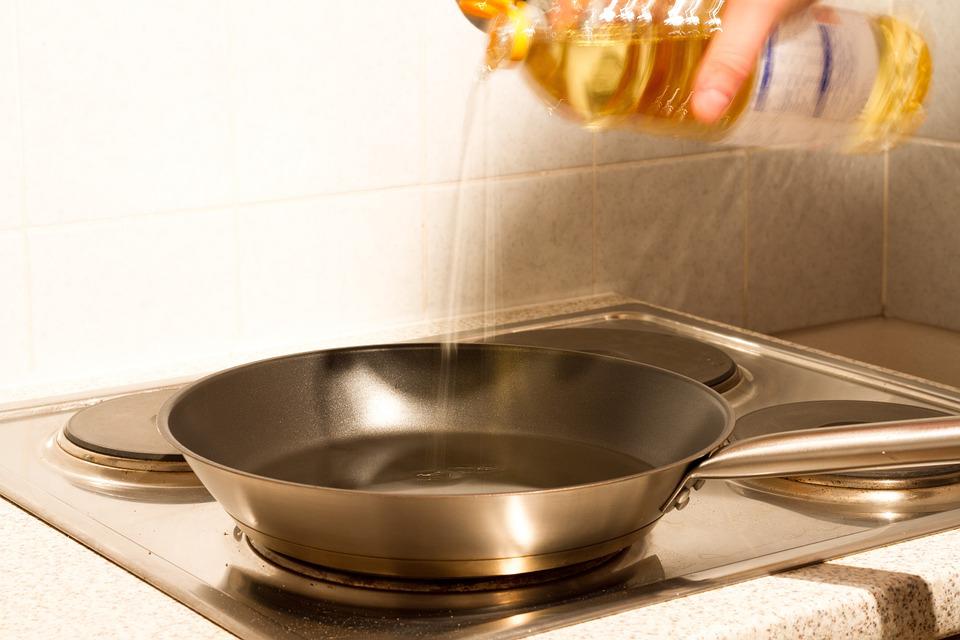Used cooking oil is a hazardous waste and can be safely disposed of at Mol’s more than 350 petrol stations, the company said. Households use higher-than-average amounts of oil at Easter, which should be recycled and disposed of properly.
Mol’s frying oil collection program began in 2011, and since then, the population has delivered about 3 million gallons of used frying oil.
Used cooking oil spilled into the drain or rubbish is harmful to the environment and its collection and processing is therefore of primary environmental interest.
Frying oil deposited on the walls of the pipelines causes clogging of the sewer and, when poured into household waste, appears as a persistent substance in landfills. When it enters living waters, it floats on the surface of the water and prevents oxygen uptake, thus killing aquatic organisms. One liter of frying oil can contaminate up to 1 million liters of drinking water.
Used cooking oil can be dispensed easily, quickly and in an environmentally friendly way at Mol filling stations, they have indicated.
The notice states that, as this is a household quantity, a maximum of 10 liters can be dispensed at a time. No extra filtration is required, food residue from frying may remain in it, but frying oil must not be contaminated with other waste, substances or chemicals. It can be dispensed, for example, in a used plastic bottle or mason jar, and the petrol station manager can be asked for help.
The delivered frying oil is collected by Biofilter Zrt. and, after purification, sent to Rossi Biofuel’s Komárom plant, where biofuel is produced from it. As a result, it will be a recycled, environmentally friendly product instead of environmentally harmful waste, which will be used as a biocomponent in the Mol Százhalombatta refinery to produce diesel oil, the company said.
MTI
pixabay


















